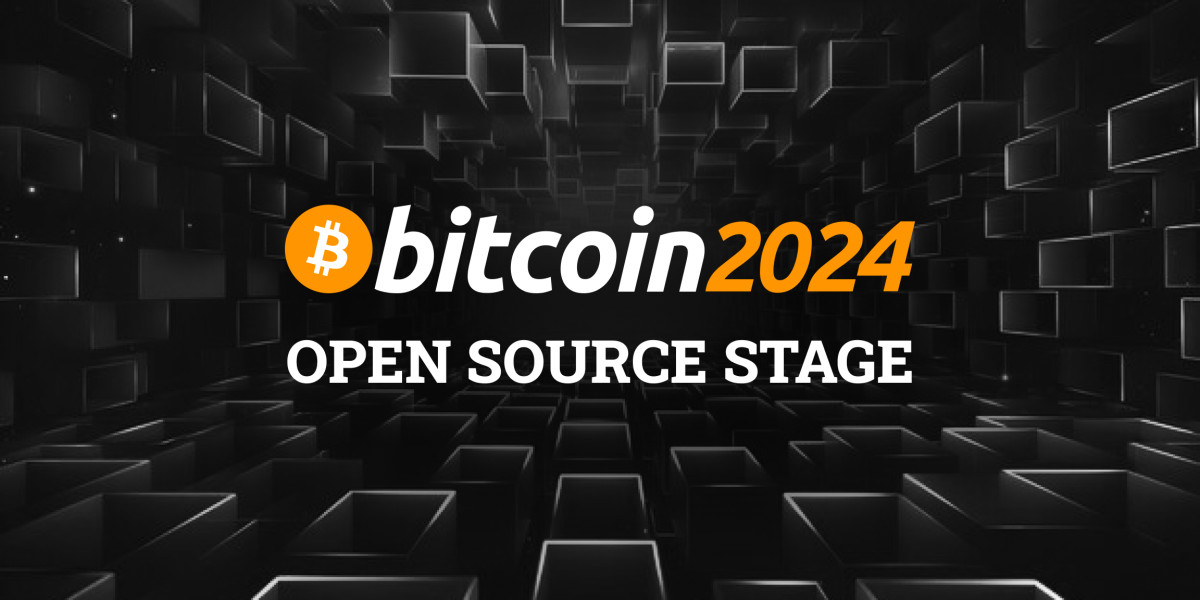Bitcoin Open-Source Development Takes The Stage In Nashville

Caught up in the storm of price action and US politics, it’s easy to forget the Bitcoin technology landscape had its own breakout earlier this year. Now that things have cooled off over the summer, next week’s Open-Source Stage at Bitcoin Nashville is a good opportunity to survey the industry’s progress.
Looking at this agenda, this year’s stacked lineup should be able to provide some signal amidst the electoral chatter. To warm us up for what promises to be an absolute marathon of an event, I’ve highlighted a handful of topics and talks to keep an eye on.
Technical innovation
Bitcoin builders will be looking to pick up on the momentum generated around “Bitcoin Season 2” in Nashville as the focus will remain on efforts to unlock Bitcoin’s programmability.
I previously discussed the arms race over all things BitVM and other purported layer 2s. The level of excitement around Bitcoin script has never been so high. Progress enabled by previous soft forks like Taproot and SegWit has led to various experiments, most motivated by the Ordinals craze. Naturally, the conversation has started to revolve around what comes next.
Unlocking expressivity with OP_CAT
Friday, July 26. 9:30 AM
Base58’s founder and everyone’s favorite Bitcoin educator Niftynei (Lisa) will look to set the tone on Friday morning by chairing a panel on the popular soft fork proposal OP_CAT. The hype around the script improvement proposal has not subsided and Bitcoin developers have been increasingly vocal about their affinity for CAT and its superpowers.
I expect co-panelists Andrew Poelstra, Director of Research at Blockstream, and fellow developers Rjindel & Brandon Black to make a strong case for the versatile script improvement.
BitVM: Pushing innovation without a soft fork
Friday, July 26. 10:00 AM
It’s hard to overstate the sheer brain power assembled in this talk. There is a reason BitVM has been the talk of the town since developer Robin Linus brought it onto the stage last year. The proposal has managed to attract an impressive crowd of builders and thinkers fascinated by the prospect of bringing fraud-proofs to Bitcoin.
With no working implementation yet, it also feels like crunch time for many of its promoters who have been talking a big game about its potential. The star-studded group of developers should be able to update us on the progress here and perhaps cut through the hype a bit.
Privacy at stake
Bitcoin’s legal battle for privacy: Free Samourai
Friday, July 26. 2:00 PM
The arrest of developers Keonne Rodriguez and William Hill in April sent shockwaves through the Bitcoin industry. Fixtures of the community for nearly a decade, both had been ardent proponents of Bitcoin users’ rights to privacy. Now that the dust has settled, questions linger about the case’s implications for open-source developers worldwide.
Veteran attorney Tor Ekeland who represented Roman Sterlingov in the high-profile “Bitcoin fog” mixer case will be joined by other panelists to discuss the US Department of Justice’s “abusive crypto prosecutions and the blockchain surveillance state.”
Making Bitcoin more private with CISA
Friday, July 26. 1:30 PM
This one is a little more obscure but will likely warrant attention from the more technical-minded folks. Cross-input signature aggregation, or CISA, is a proposal that has been floated in Bitcoin circles for many years already and was once envisioned as part of the Taproot upgrade.
The general idea is to allow transactions to combine signatures from multiple inputs into a single one, effectively reducing their overall weight, and therefore cost. The proposal surfaced back into public discourse a few months ago in the context of debates over much-needed privacy improvements to the Bitcoin protocol. Some have suggested that reducing the cost of collaborative, multi-input, transactions like coinjoin might incentivize further use of privacy tools.
Originally spearheaded by Blockstream Research, developer Fabian Jahr was recently awarded a grant by the Human Rights Foundation to research the topic further. He will be joined on stage by respected wallet developers Craig Raw of Sparrow Wallet and Jameson Lopp of Casa.
Bitcoin development
The state of Bitcoin Core development
Saturday, July 27. 11:00 AM
Bitcoin’s reference software implementation is the quiet giant of this industry. The diverse and diligent team of developers has historically preferred to remain out of the spotlight. Now that the technical space is heating up and the stakes are as high as ever, how are its contributors dealing with the increased attention?
Bitcoin Magazine’s own Aaron Van Wirdum will attempt to elucidate the inner workings of this tight-knit group and allow contributors like Ava Chow and Murch to share their thoughts on the project.
Bitcoin free banking
Ecash debate: what are the tradeoffs?
Saturday, July 27. 3:15 PM
I could not end this article without shilling at least one of the panels I will be involved in. Is it a replacement for centralized custodians? Is it a scaling solution? Nobody seems to agree on the role of ecash in the Bitcoin ecosystem but, if anything, it can’t be ignored anymore.
The rapid progress of projects like Fedi and the Cashu open-source implementation has garnered a significant amount of mindshare over the last year. Advocates celebrate its versatility and privacy gains while detractors claim it is no different than the banking system Bitcoin was built to obsolete.
Both sides will be represented on the panel which is shaping up to be an exciting conversation around the future of Bitcoin’s financial system.
There is a lot of excitement at the prospect of Bitcoin entering the big leagues but it’s hard to tell if the ecosystem is ready to accommodate this new influx of interest. Now that we are crossing the political chasm, it’s crucial to continue supporting the open-source culture that brought us here. Fortunately, the industry has never looked so ready to tackle this challenge. The diversity of initiatives on display at the conference is a testament to the maturing technical environment made possible by FOSS developers.